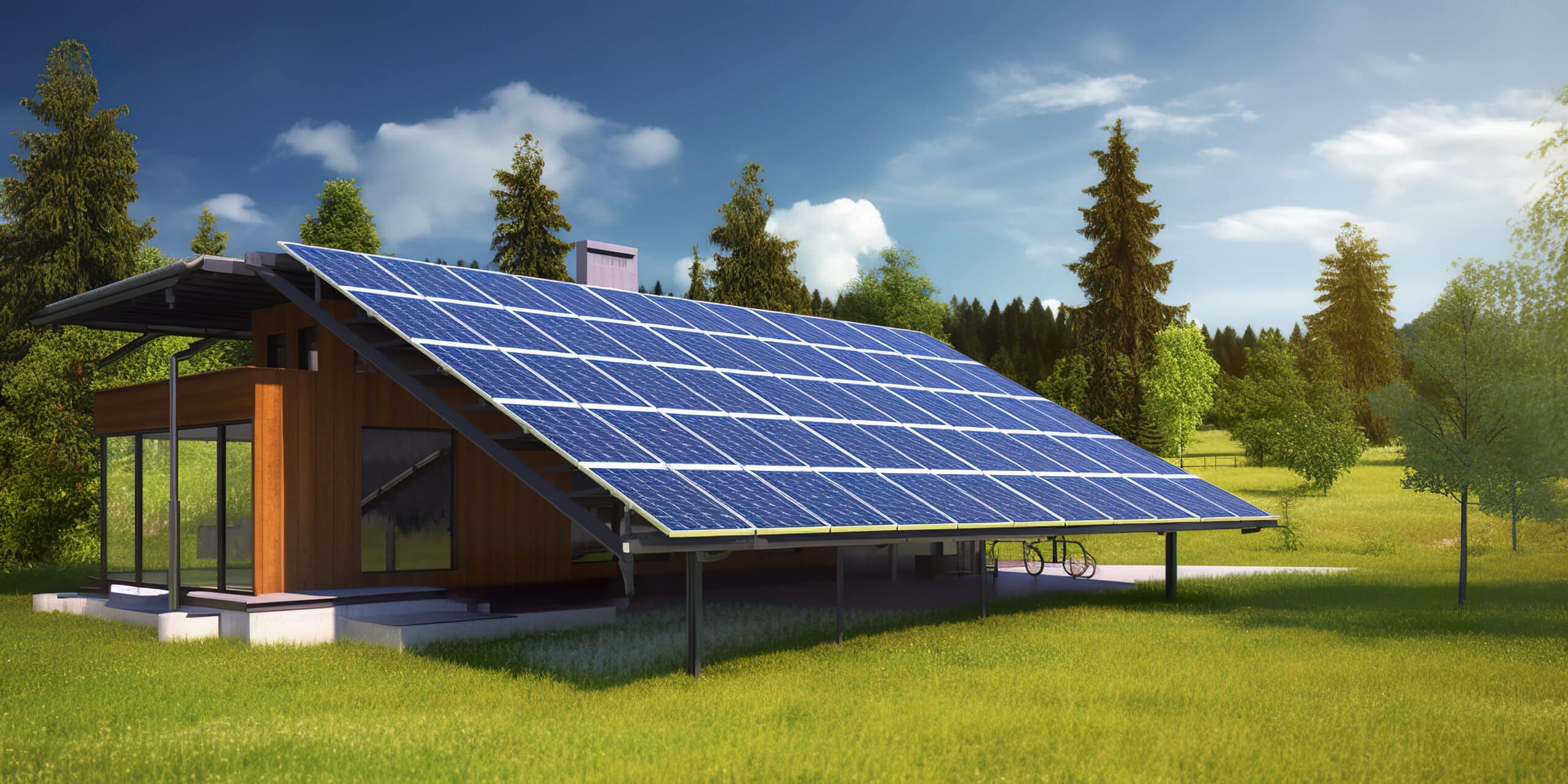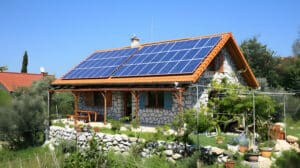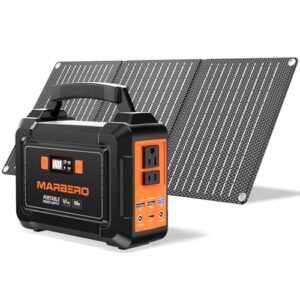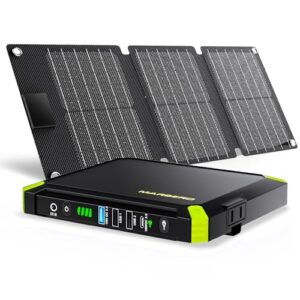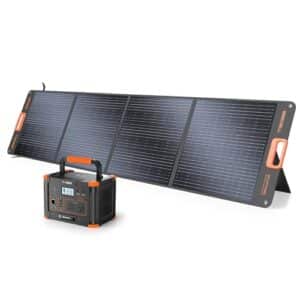Solar Panels’ Heat Generation
Key Takeaways
- Solar panels do generate heat as a byproduct of converting sunlight into electricity
- The heat generation capacity of solar panels is lower than that of electric generating plants
- The efficiency of solar panels decreases as the temperature rises above a certain point, which can affect their output efficiency and lifespan
One question that often arises when discussing solar panels is whether they generate heat. The answer to this question is yes, solar panels do indeed generate heat. However, the amount of heat they produce is relatively small compared to the heat generated by traditional electric generating plants.
According to an article on Treehugger, the heat generation capacity of solar panels is much lower than that of electric generating plants. This means that solar panels contribute significantly less to climate change through heat generation.
It is important to note that the heat generated by solar panels is a byproduct of their primary function, which is to convert sunlight into electricity. As solar panels absorb the sun’s rays, they naturally generate heat as a result of the photovoltaic effect.
Factors Affecting Heat Generation
Several factors influence the heat generation capacity of solar panels. These factors include air temperature, proximity to the equator, level of direct sunlight, and the type of roof material.
According to EnergySage, solar panels can reach temperatures as high as 65°C (149°F) under intense sunlight and high ambient temperature. This increase in temperature can have implications for the efficiency of the panels.
Efficiency and Heat
The efficiency of solar panels can be affected by high temperatures. As the temperature of the panels rises above 25°C (77°F), their efficiency begins to decrease. The rate of efficiency loss per degree Celsius is indicated by the temperature coefficient of the panels, which can range from 0.20% to 0.50%.
Green Tech Renewables explains that heat can reduce the output efficiency of solar panels by 10-25%. This decrease in efficiency means that the panels generate less electricity for the same amount of sunlight received.
However, Solar.com presents a different perspective. According to their article, solar panels are efficient in heat production up to a certain point. Solar panels are designed to function better when they are cooler, and they generate electricity from the sun’s energy before creating thermal energy or heat.
Impact on Efficiency and Lifespan
The rise in temperature caused by heat generation can have a negative impact on the efficiency and lifespan of solar panels. Peninsula Solar explains that the increase in temperature can decrease the efficiency of the panels, accelerate wear and tear, and potentially pose safety risks.
It is important to keep in mind that solar panels have a typical operating temperature range of 15°C to 35°C (59°F to 95°F). However, under intense sunlight and high ambient temperature, they can reach temperatures as high as 65°C to 75°C (149°F to 167°F).
Conclusion
In conclusion, solar panels do generate heat as a byproduct of converting sunlight into electricity. While the heat generation capacity of solar panels is lower than that of electric generating plants, it can still have implications for their efficiency and lifespan.
The efficiency of solar panels decreases as the temperature rises above a certain point, and the rise in temperature can accelerate wear and tear. However, solar panels are designed to dissipate heat and prevent overheating through features such as thermally conductive substrates and mounting systems that allow for airflow.
It is essential to consider the location, climate, and design of solar panel installations to optimize their performance and mitigate the effects of heat generation. Proper maintenance and monitoring can also help ensure the longevity and efficiency of solar panels.
Related Websites:
- Do Solar Panels Actually Contribute to Climate Change? – Treehugger
- Solar Panel Temperature: How Hot Do Solar Panels Get? – EnergySage
- How Hot Can Solar Panels Get? – SolarReviews
- Solar Panel Heat – Peninsula Solar
- How Does Heat Affect Solar Panel Efficiencies? – Green Tech Renewables
- Solar Panel Efficiency – Solar.com
FAQs:
Q: How do solar panels generate heat?
Solar panels do not generate heat. They absorb sunlight and convert it into electricity through a process called the photovoltaic effect. The primary purpose of solar panels is to generate electricity, not heat.
Q: What factors influence heat generation in solar panels?
Several factors can influence heat generation in solar panels. The intensity of sunlight, temperature, panel orientation, and shading all play a role in determining the amount of heat generated. It is important to manage these factors effectively for optimal performance.
Q: How can heat generation be managed in solar panels?
Efficient heat dissipation is crucial for managing heat generation in solar panels. Cooling systems and materials can help minimize heat buildup. Proper panel installation, including ensuring proper airflow, is also important for effective heat management.
Q: What are the benefits of minimizing heat generation in solar panels?
Minimizing heat generation in solar panels improves overall performance. It enhances system efficiency and lifespan, leading to higher energy production. Additionally, reducing heat generation can result in cost savings by improving the financial return on investment.
Q: Where can I find further resources to learn more about heat generation in solar panels?
For comprehensive knowledge on heat generation in solar panels, it is recommended to explore reputable resources such as industry publications, government websites, or consult with renewable energy experts.

